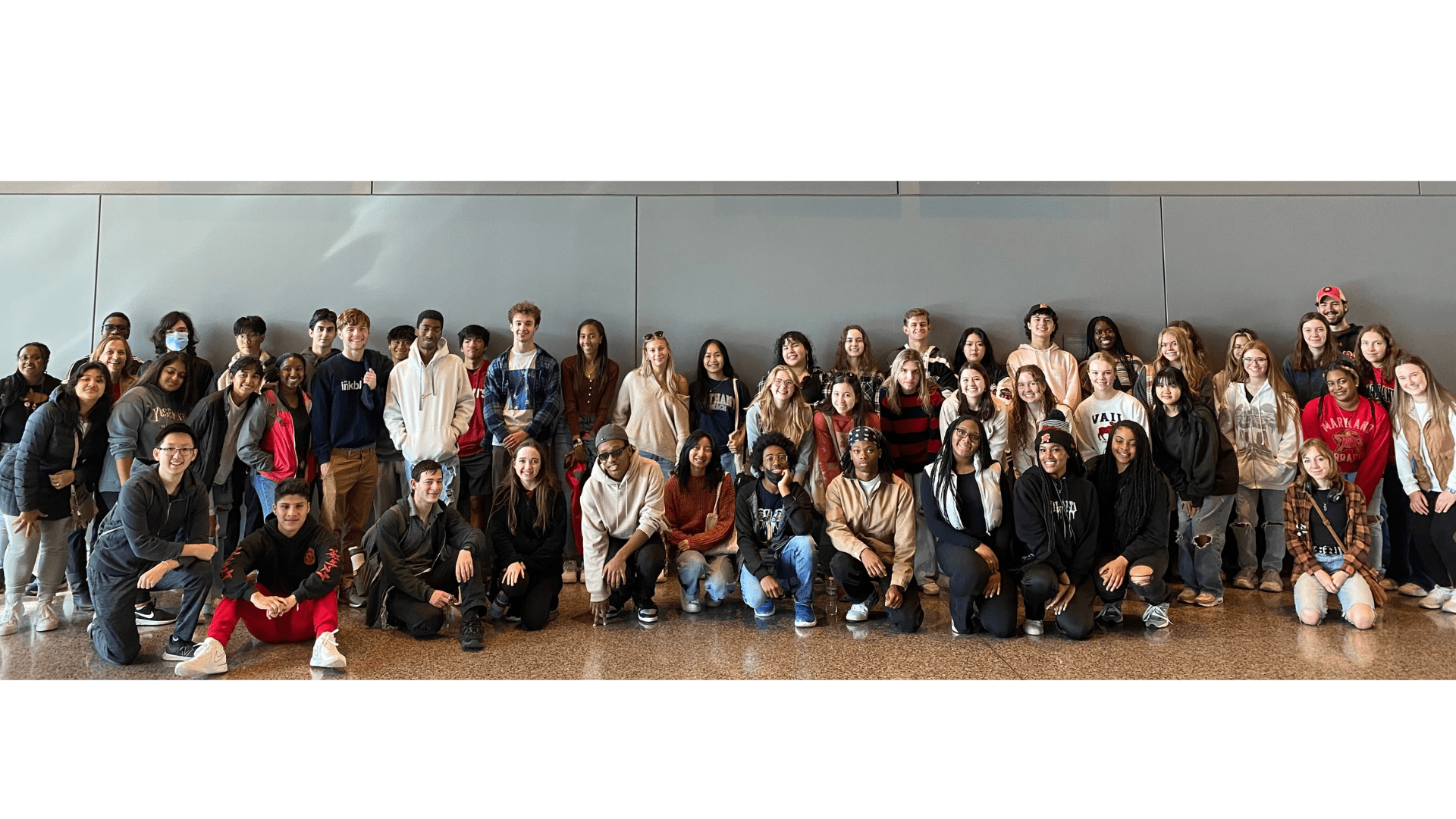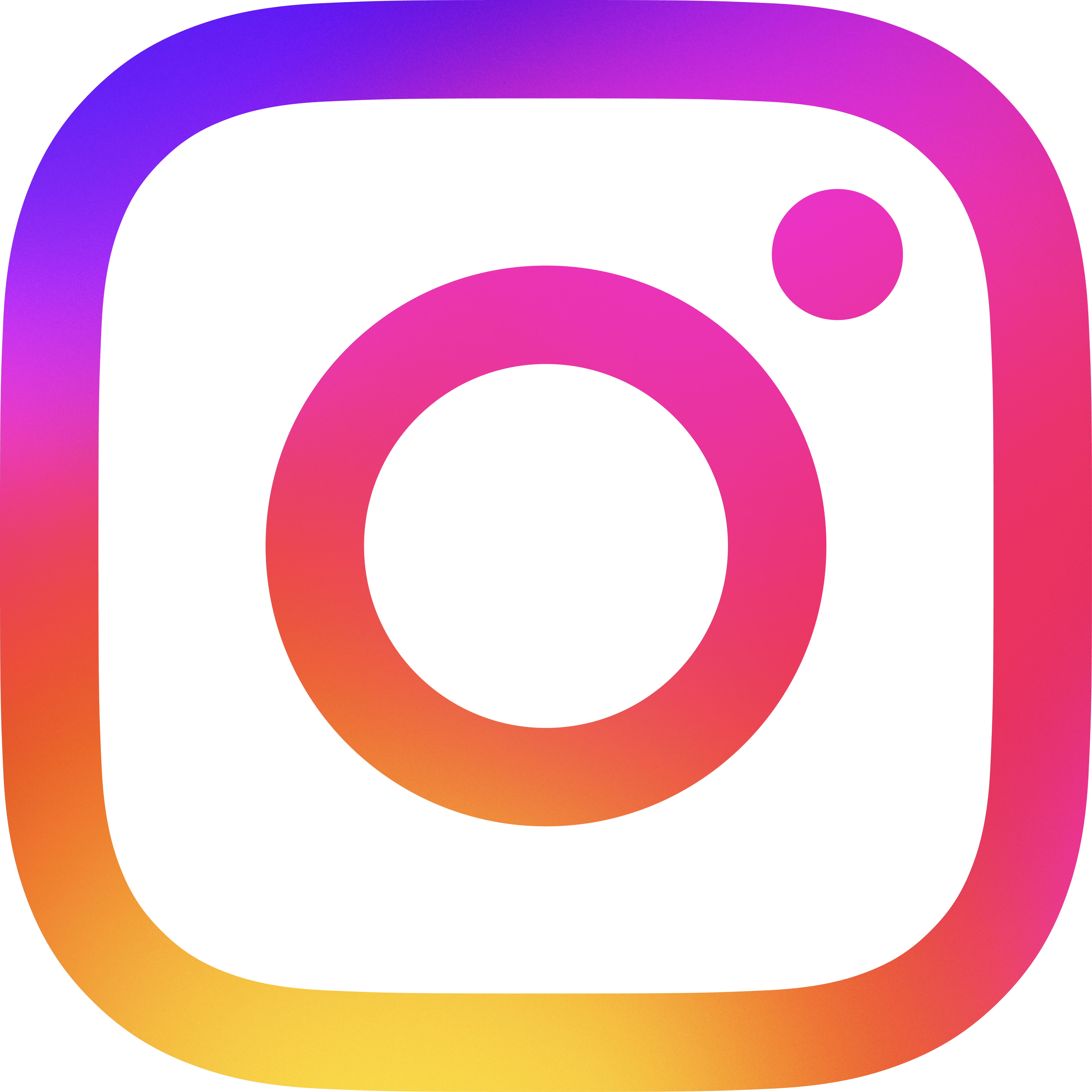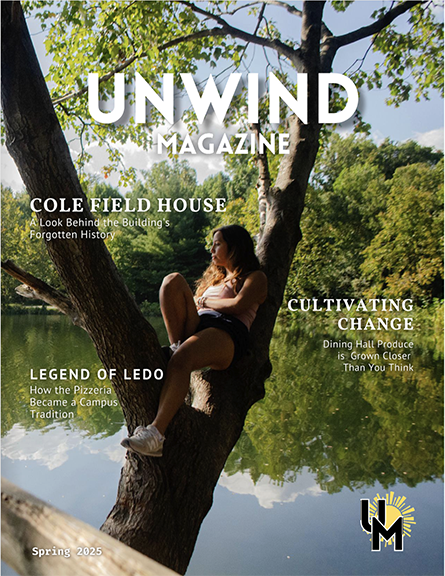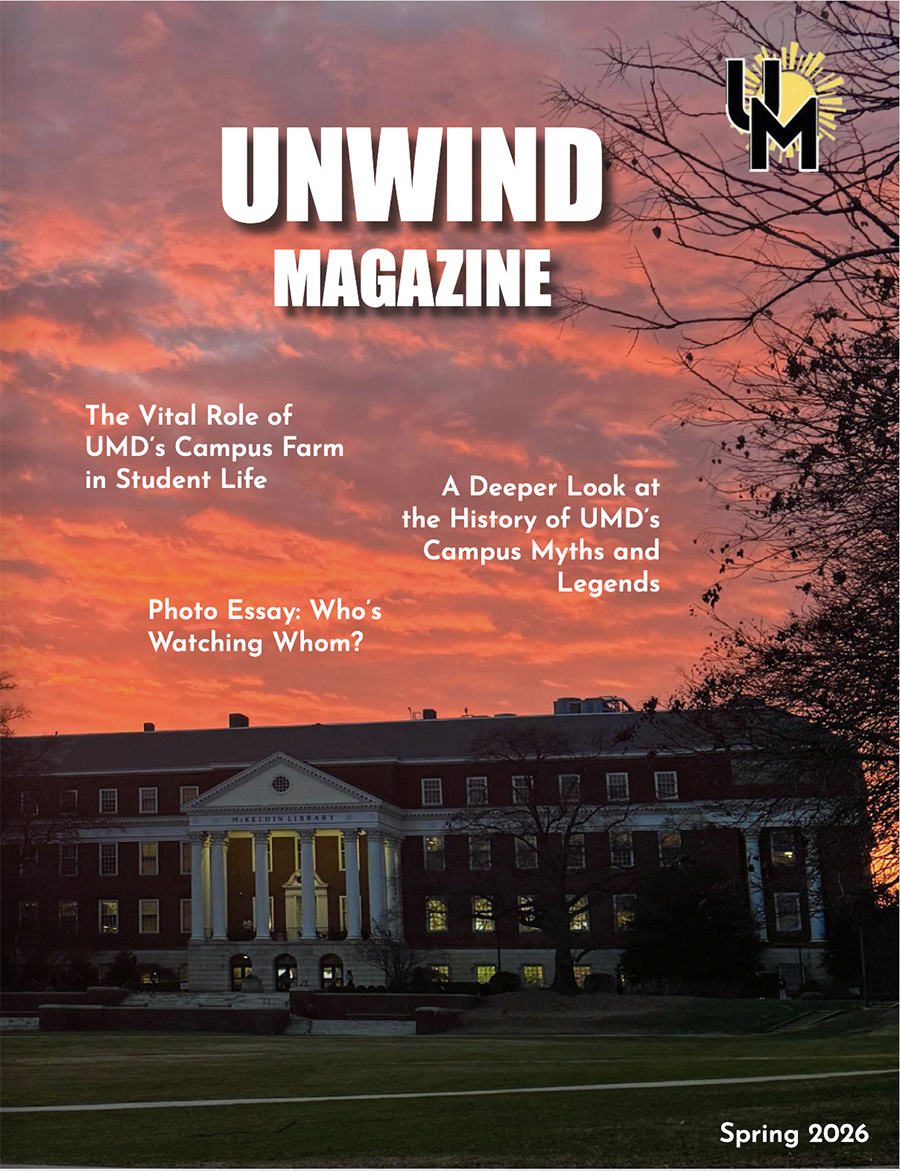Media, Self and Society
Analyzing urgent questions about our media-filled lives
Introduction
Media literacy is essential for critical thinking, personal well-being, and informed citizenship today. With the sheer volume and complexity of online and other media, it's becoming more challenging to critically evaluate information.
The Media Scholars program offers a creative and inclusive learning community where students develop skills for analyzing and producing media. We emphasize learning by doing, through small group discussions, service activities, field trips, and hands-on media projects. Ultimately, our goal is to help students confidently navigate their media-filled lives.
We have created an inclusive curriculum that also involves lessons that critically examine media representations of marginalized groups. Students should understand how the media has been used to oppress and stereotype certain groups, and how it can be used to promote equity and social justice. Media Scholars provides students with opportunities to create their own media texts that are inclusive and affirming of diverse cultures.
Colloquium and Lecture Topics
Our class sessions regularly include these features:
The Eye Opener: a critical analysis of the news of the day
Take on Fake: digging into viral disinformation
Media In Real Life: field trips on and off campus to enhance understanding of media literacy principles and use those skills to analyze and "decode" visual artworks, public exhibits, and other media.
MediaLit! Lessons and Activities: covering topics such as the economics and effectiveness of Super Bowl ads; a Grammy week study of the cultural impact of music videos; how Hip Hop changed the world; how AI is affecting the music industry; Oscar week study of the film industry and diversity in Hollywood; research into social media and mental health; media representations of gender and race; the history and impact of propaganda; the value of journalism in a democracy; and how you can use non-fiction storytelling/documentary filmmaking in your major.
I have had the opportunity to explore my interests through hands-on experiences while also developing my communication skills. I am so grateful to be a part of a community that not only encourages me to be myself but also challenges me to be the best version of it.
Other Learning Opportunities
Students get a real-world perspective on the media—both what it’s like to work in the media and the impacts of the media on society—through:
- Field trips to media outlets and cultural sites, such as NBC4 Washington studios, NPR headquarters and the National Museum of African American History and Culture;
- Visits to various news studios and the 9/11 Memorial and Museum during our annual trip to New York City; and
- Guest speakers, particularly working professionals in journalism, advertising, technology, and public relations.
During their sophomore year, students fulfill a practicum requirement, which allows them to gain professional experience in their chosen fields.
Thanks to a service-learning grant from the Do Good Institute during the 2024-25 academic year, students were able to travel to Maryland's Eastern Shore to explore the Harriet Tubman Byway. The students were also charged with designing and producing social media content (using digital storytelling, photography, and graphic design) for community partners related to the Byway. Learn more about the trips here.
In all cases, students were able to apply the analytical skills they learned in the program and assess the role that various media played in that organization.
Curriculum Overview
Over the two-year program experience (four semesters), students will complete 2 supporting courses, totaling 6–8 credits, that will count toward their Media Scholars citation. In most cases, these will also fulfill General Education requirements. Note that your Scholars courses—colloquium, practicum and supporting course(s)—will generally be in addition to any courses you take to satisfy major requirements.
The following table represents a typical two-year curriculum, but individual schedules may vary. Details about courses and requirements can be found on the Media Citation Checklist.
| SEMESTER | COURSES | CREDITS |
|---|---|---|
| Semester 1 | CPMS 100: Colloquium I | 1 credit |
| CPMS 225: Analyzing Media Practice Through Theory (SCIS, DSHS) | 3 credits | |
| Semester 2 | CPMS 101: Colloquium II | 1 credit |
| Semester 3 | CPMS 200: Colloquium III | 1 credit |
| Semester 3 or 4 | CPMS 230: Internship; or CPMS 240: Service-Learning; or CPSP 359S: Discovery Research (DSSP) |
1-3 credits 1-3 credits 1-3 credits |
| Semester 1, 2, 3, or 4 | Supporting Course (var. Gen Ed) Supporting Course (var. Gen Ed) |
3 credits 3 credits |
Sponsoring College
Office Address
1120 Cumberland Hall
Office Phone
Faculty
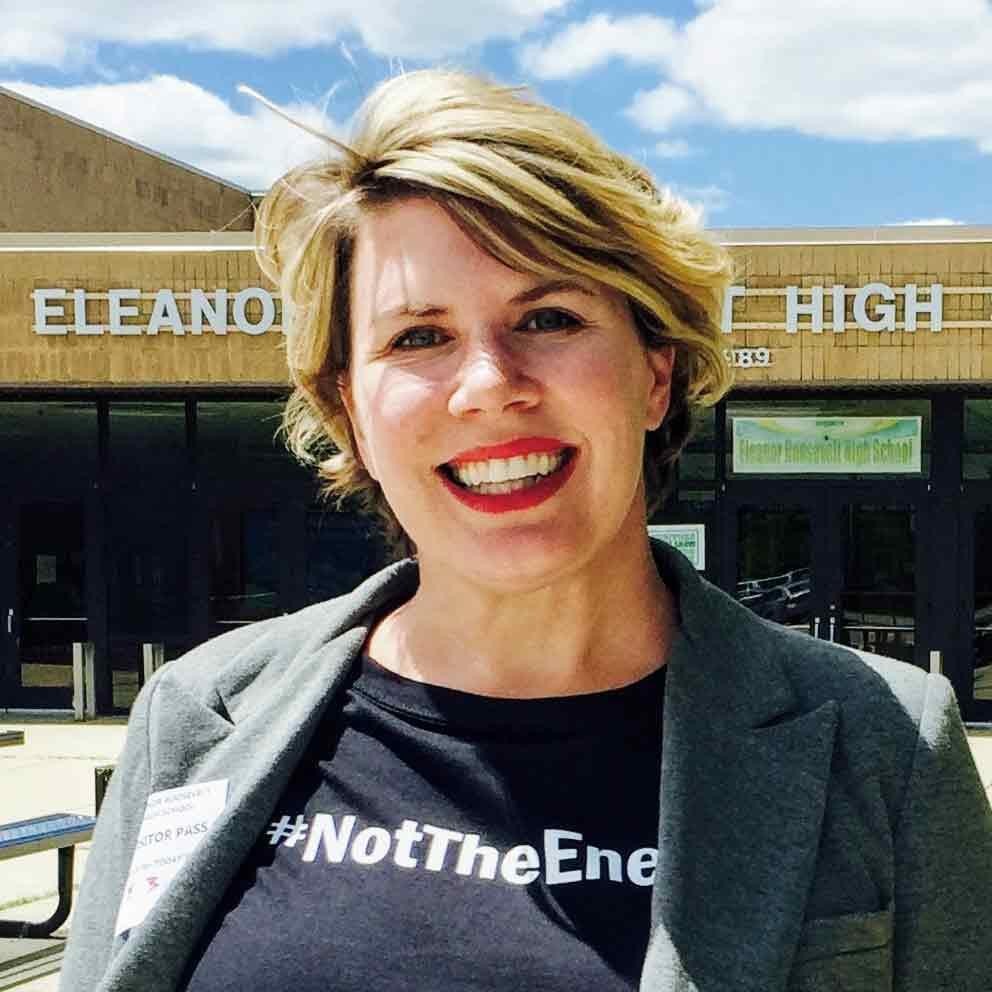
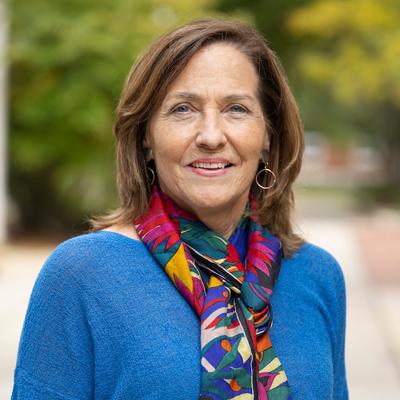
News and Notes, Etc.
Media, Self and Society News
UNWIND Magazine Returns to Highlight Media Scholars and Terp Life at UMD–Expanded Spring 2026 Edition
COLLEGE PARK, MD – Following its successful relaunch in Spring 2025, UNWIND Magazine continues its momentum with the Spring 2026 issue, further amplifying the voices of students in the Media, Self and Society Scholars program at the University of Maryland. Building on last year’s return, the new edition expands the magazine’s storytelling with deeper reporting, fresh visual features and new perspectives on traditions and communities that shape campus life.Written, edited, and produced entirely by students, UNWIND remains a platform for emerging media professionals to explore the Terp experience–from untold campus stories to cultural touchstones to the evolving identity of Maryland today.
2025 Citation Class Honored at Awards Ceremony
College Park Scholars celebrated the best and the brightest of its most recent Citation class at its annual Citation and Awards ceremony recently. The 2025 Citation class, already packed with leaders in their academic fields of study and on campus, emerged undaunted by the challenges as one of the last high school classes during the pandemic, as productive community members in Scholars and at the University of Maryland.
First Steps at Fall Welcome
There were plenty of “Boots on the Ground” for move-in at the University of Maryland last week, but no need for fans in the hands, given the unseasonably refreshing 75-degree weather.Two College Park Scholars programs were captured in action on Service Day, a few days before classes began. Science and Global Change and Media, Self and Society had university photographers visit their service sites to see their impact in action. Read more about the more than 25 year old Service Day tradition by clicking here.
Media Scholars Launches New Media Literacy Display in CCC
COLLEGE PARK, MD –The College Park Scholars Media, Self and Society program is excited to announce the launch of a new media literacy display in the Cambridge Community Center (CCC).This display, supported by a grant from The Do Good Institute, features original content created by students in the Media Scholars program. The videos, photo essays, and infographics in the display will be updated regularly and viewed by hundreds of students who attend classes and study in the CCC every day. These pieces cover topics such as fact-checking, the role of journalism in a democracy, understanding media representations, and practical tips on how to make media work for you.
UNWIND Magazine Returns to Highlight Media Scholars, Campus Life at UMD
COLLEGE PARK, MD – After a hiatus driven by the COVID-19 pandemic, UNWIND Magazine is back with a pilot issue that showcases the talent of University of Maryland (UMD) Media, Self and Society (Media) Scholars and offers a fresh perspective on life on and around campus. Written and produced by students, the relaunched UNWIND brings a new look and lively content that dives into the heart of the Terp experience.The pilot issue features a diverse range of stories and visuals, including:
Scholars Honor Citation and Founders Circle Award Winners at Annual Ceremony
College Park Scholars, celebrating the 30th anniversary of the program's founding, honored the best and the brightest of its most recent Citation class at its most recent Citation and Awards ceremony. This tenacious class, filled with future changemakers and leaders, pushed through a challenging start to college that began during the pandemic to emerge as standouts in the classroom, in their communities, and at the University of Maryland.
